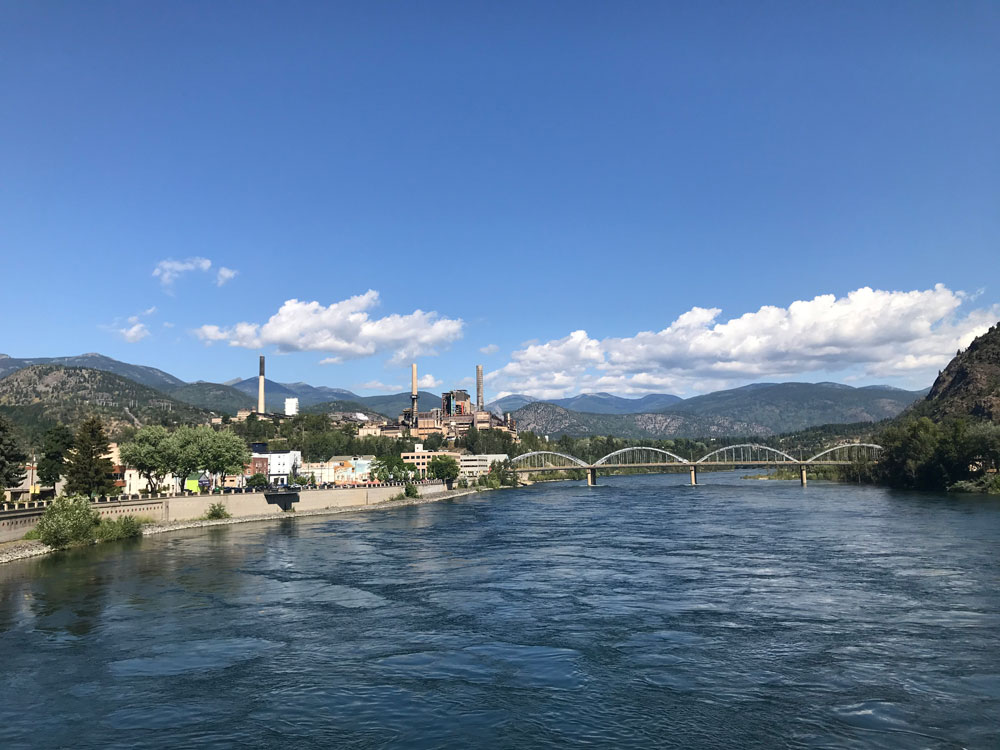Check out the Contractor section on this website. For more information, or to become a Trail Area Lead Safe Contractor, please contact the Community Program Office at 1319 Bay Avenue or 250.368.3256.
Property Development
Managing metal contaminated soils during development and construction.


THEP works with property developers to assess and, if required, manage soil during construction. This includes the safe excavation, handling and disposal of soil.
- If construction involves any soil excavation or movement of soil, please fill out a property development application found here.
- To learn more about the program read the Information Sheet.
- If you are planning to develop or re-develop property, email development@thep.ca to engage with the Property Development Program.
- The process requires substantial planning, so please reach out early to avoid delays.
Common questions about property development
New developments and redevelopments typically involve significant soil disturbance including excavation, re-grading of soil and potentially import of new fill. THEP works with property owners and developers to:
- Manage metal contaminated soils during the development or re-development of properties within the Soil Management Area; and
- Facilitate safe excavation, handle and dispose of metal contaminated soils through testing, and risk management.
THEP’s Property Development Program (PDP) works with property owners and developers to address Metal Contaminated Soils during the redevelopment or new development of commercial, industrial, or residential property within THEP’s Soil Management Area.
The objectives of the PDP are to:
- Manage metal contaminated soils during the development or re-development of properties within the Soil Management Area;
- Prevent unnecessary costs, delay, or stigma to development in the Trail area due to the presence of metal contaminated soils;
- Support sustainable development in the Trail area by assisting with the investigation and risk-based management of metal contaminated soils; and
- Facilitate safe excavation, handle and dispose of excavated metal contaminated soils through testing, and risk management.
We encourage you to notify us as early as possible, ideally in the early due diligence planning stages. Every property, development scenario, and soil management plan is unique. Still, the process will generally involve the following steps:
- Application form submitted with details of the project.
- Preliminary site screening to test for metal contaminated soils in applicable and accessible areas of the property.
- Development of a risk-based soil management plan to address metal contaminated soils.
- Formalization of a legal agreement that outlines the responsibilities of Teck, THEP, and the property owner/developer.
- Implementation of a soil management plan during construction.
Soil management plans for each project are unique and depend on project details and soil test results. Metal contaminated soils may be risk-managed through a combination of:
- Removal and offsite disposal; and
- Capping beneath clean soil or hard surfaces such as building foundations, driveways, walkways, and patios.
Costs for the investigation of metal contaminated soils will be covered by Teck. If contamination risks other than smelter metals are identified (e.g., fuels or solvents) they will require investigation at the property owner’s expense. Teck is generally responsible for the incremental costs associated with the risk-management of metal contaminated soils during development. Incremental costs are determined on a project specific basis and cost responsibilities are outlined in a legal agreement.
